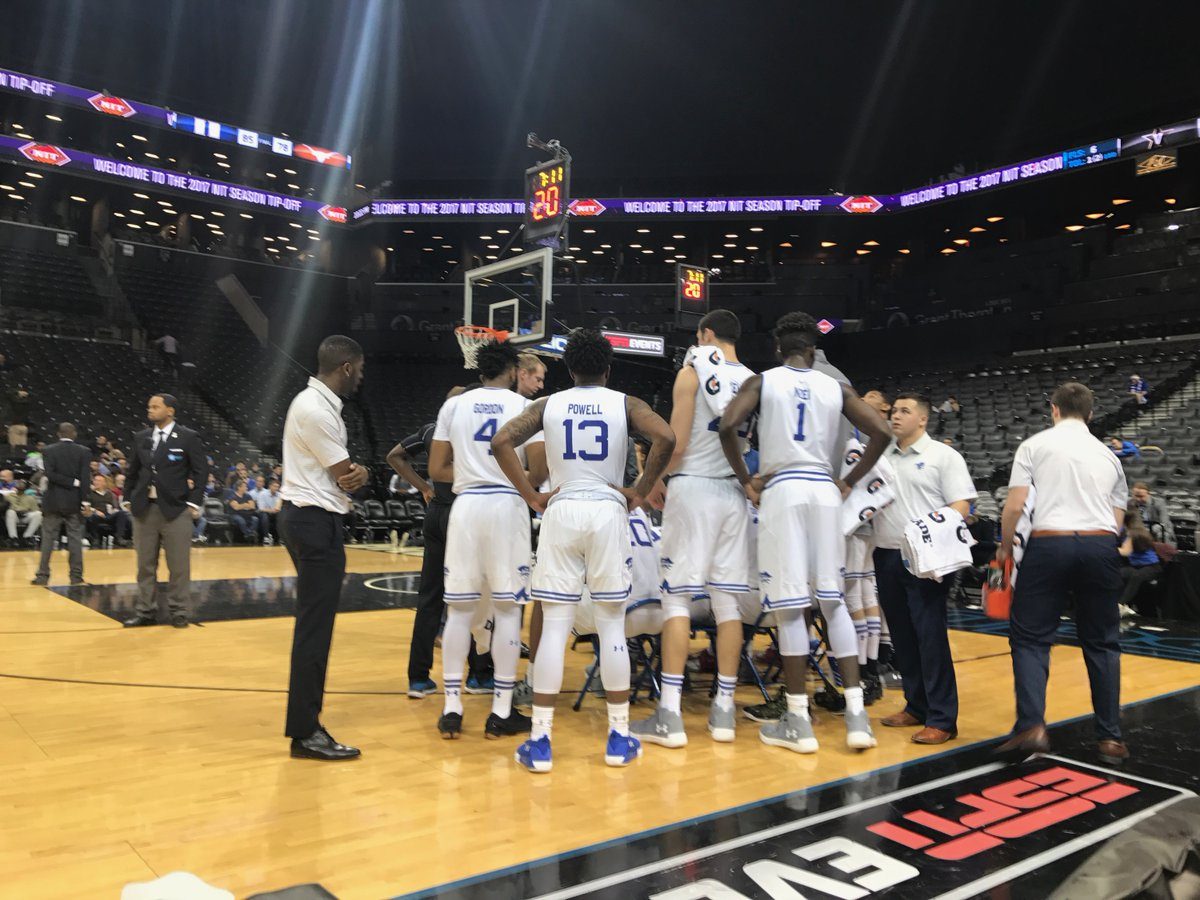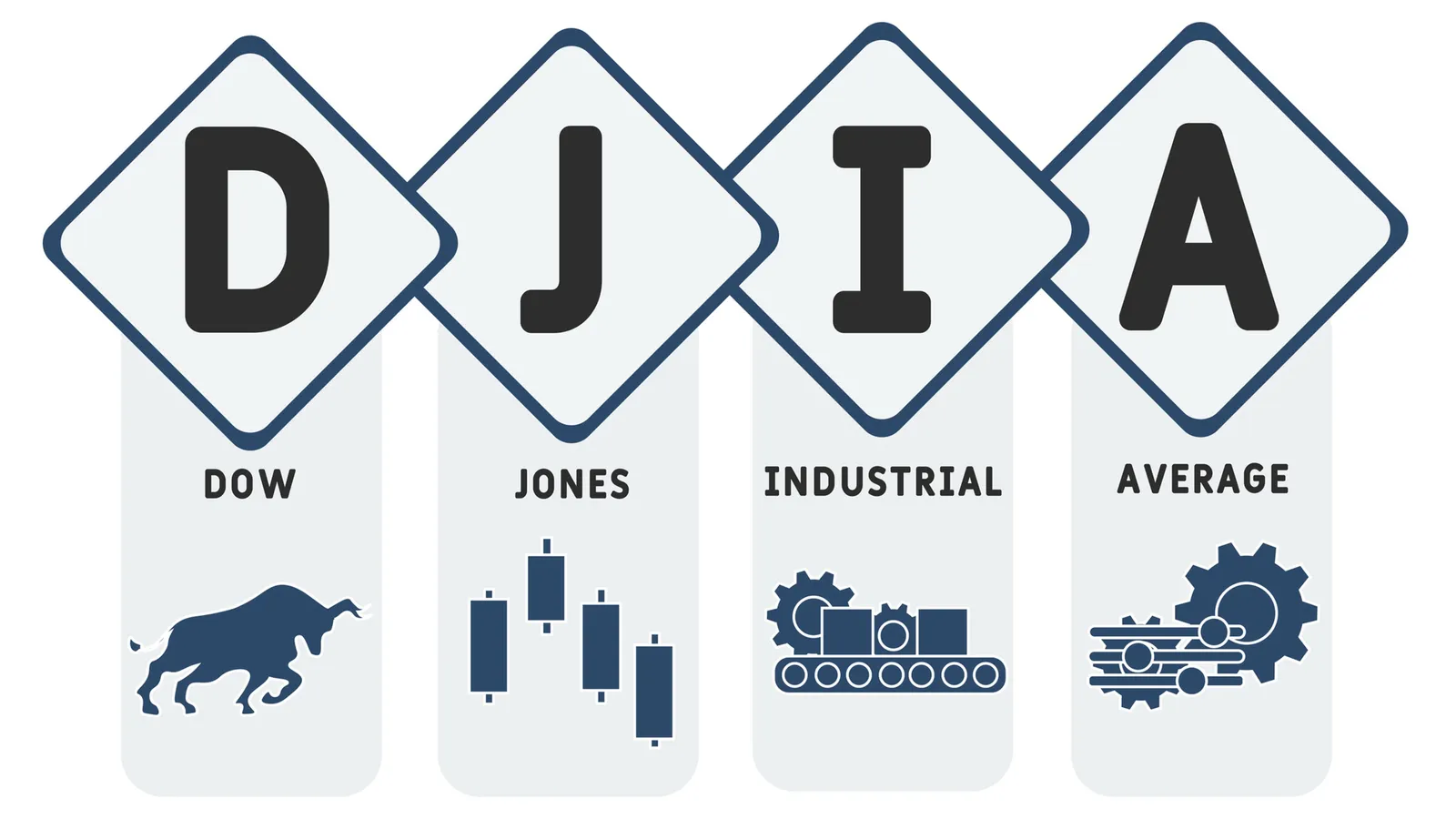[U.S. Transit System]
Transit advocates demanded at least a $32 billion aid package for US transit agencies, many of the largest which face imminent financial collapse.
Photo: YouTube
A national coalition of over 200 transit organizations is demanding at least $32 billion in aid for US transit agencies.
As COVID-19 relief negotiations heat up again in the nation’s capital, an unprecedented “big tent” of advocacy groups from across the country sent a national coalition letter urging House leaders to rescue the public transit agencies on which tens of millions of Americans rely.
The advocates demanded at least a $32 billion aid package for US transit agencies, many of the largest which face imminent financial collapse. Signers worry that without more aid to carry transit systems through 2021, COVID response and economic recovery will falter across many of the nation’s most economically productive regions.
In March, public transit revenue models collapsed as lockdowns steeply cut farebox, toll, and tax receipts and subsidies. Shortly after, Congress enacted the $2 trillion CARES Act, which included $25 billion for public transit. However, in part due to the lopsided nature of federal transportation funding formulas, CARES met the needs of small rural transit systems for years while affording some of the nation’s largest, most economically important systems a lifeline of just four months, leaving them imminent budget shortfalls.
In May, the House of Representatives voted to begin making up the difference in its HEROES Act, which allocated $15 billion more to public transit systems that serve the nation’s 15 most populous metropolitan areas. However, $15 billion is not enough to take care of many major systems past the end of 2020, when Congress is likely to be out of session and entire transit agencies will once again face budget devastating shortfalls. Analysis shows that between $32 and $36 billion is needed to avoid public transit cuts through 2021. Now, with leaders in both houses of Congress negotiating a new aid package, advocates from across the nation are joining major transit agencies and 24 US senators in a call to significantly up the ante for transit.
“We need safe and accessible transit that meets the needs of people with disabilities in our communities,” said Dara Baldwin, Director of National Policy for the Center for Disability Rights, Inc. “It is the 30th Anniversary of the Americans with Disabilities Act (ADA ) and there has been some progress, but much more needs to be done to create that transit. And without federal action we could see cuts where we need further improvements. We need Congress to make sure they don’t come home without the money for our transit system.”
“Service has already been severely cut back in San Francisco, leaving many without access to nearby bus service they normally depend on,” said San Francisco Transit Riders Interim Executive Director Cat Carter. “In other areas, some routes are getting more frequent service than ever given the greater need – but due to physical distance requirements, riders are getting passed up. People need transit to be there for them; it’s their lifeline to healthcare, grocery stores, work, and family.”
“Transit is critical to the lives of so many workers in greater Baltimore,” said Central Maryland Transportation Alliance President and CEO Brian O’Malley. “They rely on it to keep our hospitals running and keep food stocked in our grocery stores, and they are dealing with service cuts that cost them hours, leave them stranded, and make them late to work. Our region cannot function if the transit system cannot function. There’s plenty of money to make public investments in essential services like transit, but instead, it’s going to billionaires and corporations. It is critical that public transportation is fully funded in the relief package.”
“Mass transit is essential to solving the climate crisis and reducing the negative health consequences of transportation pollution, which have impacted low income and communities of color for generations,” said DreamCorps National Director Michelle Romero. “Federal transit funding is crucial to addressing COVID-19 related fiscal gaps and historical inequities in how our public transit system is funded. Congress must act now, not go on recess.”
“As you know, the COVID-19 public health crisis has devastated our state and local budgets, setting back transit systems by decades, and delaying projects that would build out networks allowing people to ride, bike, and walk safely where they need to go,” said Transportation Choices Coalition Policy Director Hester Serebrin. “Transit ridership has flagged, but for those for whom transit is a necessity, ridership has not wavered. As our local jurisdictions’ economies begin to open up, we are already seeing transit ridership grow. We know that protecting and growing transit is key to an economic recovery – not only because an investment in transit is an investment in good jobs, but because transit will move people in other sectors – essential and important alike – to their work, home, services and more. We are asking our Congressional leaders to provide $32 billion in emergency support for public transportation to ensure this essential public good can continue to serve the public long into the future.”
“The Port Authority will face a transit death spiral if Congress doesn’t provide emergency relief funding in a COVID stimulus bill right away,” said Pittsburghers for Public Transit Executive Director Laura Chu Wiens. “The severe shortfall in fare revenue will soon debilitate the Port Authority’s capacity to provide service on every route, which will leave riders stranded, and have riders turn their backs on public transit. This, in turn, will lead to more and more cuts. We need Congress to act now. No more excuses.”
The letter notes the toll that COVID itself has taken on transit workers and agency operations, the dependence of 2.8 million essential workers on transit, and the hundreds of thousands of job losses anticipated if agencies are left unfunded and forced to undertake massive cuts. It highlights the “systemic racism of mass transit disinvestment,” severely impacting the 60% of transit riders who are people of color, many of them essential and less likely than white Americans to be able to work from home.
Finally, it addresses the unique role of paratransit, which provides a transportation lifeline to millions of people with disabilities who rely on it to get to work, go shopping, and meet their health needs. It depicts a less prosperous, just, and fair nation that would result without substantially more public transit aid.















